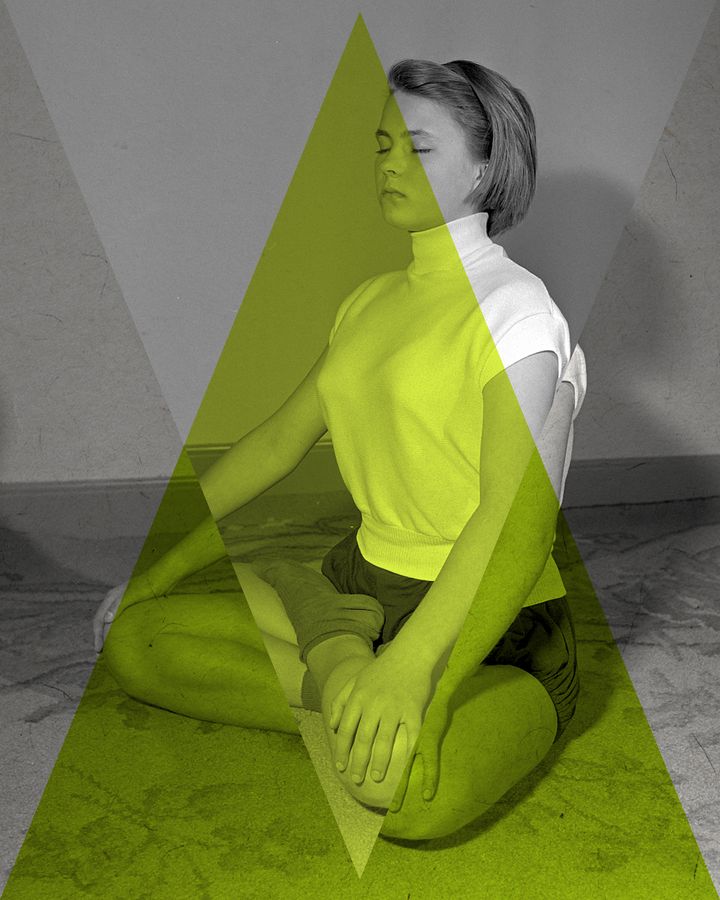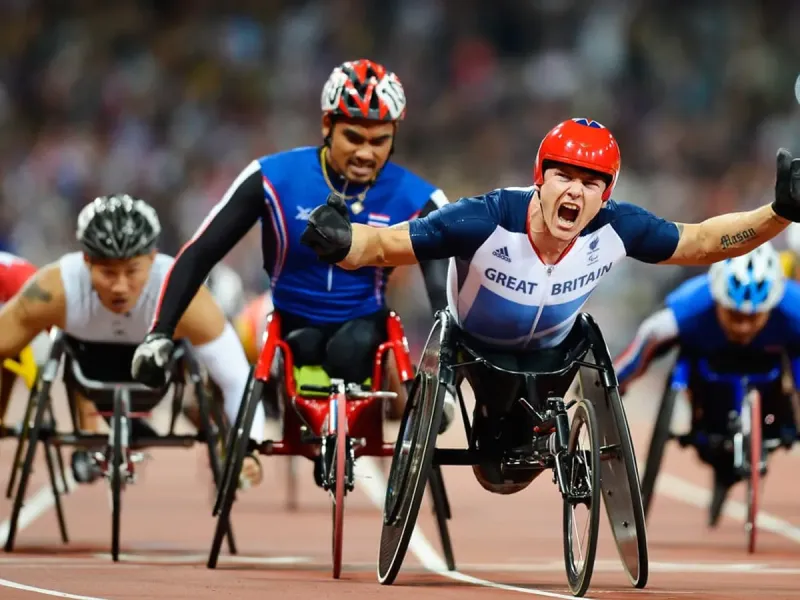When my son was born with a congenital heart condition, like any parent, I felt lost. He required open-heart surgery and I felt overwhelming uncertainty about what the future might hold. I understood that the outcome might not be good, but I also knew that a positive outcome was possible if I could provide the best care for him. At a time like that, it was hard to focus on those positives, but I learned that I could use my anxiety to keep me energized. Knowing that the future was uncertain but that my actions could influence the outcome, my anxiety helped me to function in what otherwise might have felt like a hopeless situation.
Read Also: Mercury Prize: Rapper Little Simz wins album of the year award
I believe that anxiety can be a tool to help us to cope with the challenges that life throws at us. However, for many people anxiety can be suffocating, and has become synonymous with feeling bad. When I was growing up in the 1980s, stress was the go-to shorthand for emotional discomfort. How's your wedding planning? Oh, it's great, but I'm stressed. How is your chemotherapy going? Pretty stressful, but I'm managing. Today, we seem to be living in an age of anxiety. Google Trends shows that searches for the word anxiety have increased by over 300% since 2004. Anxiety is on our minds, with good reason. As much as 31% of the US population will experience an anxiety disorder at one point in their lives, which can range from generalized anxiety disorder to panic disorder and social anxiety disorder – which is one of the most common types.
Outside of medical diagnoses, the word also seems to have slipped into our vernacular. It has usurped stress as our language placeholder for feeling uncomfortable – anxious about giving a presentation, about going on a blind date, about starting a new job. The word has become ubiquitous and absorbed meaning, amoeba-like, to encompass everything from dread to pleasant anticipation. Too often, the mere use of it casts these experiences in a negative light, infusing them with threat and a touch of the not-quite-right. Then there are anxiety disorders – they are the most common of the mental health diagnoses, more common than depression and addiction. Hundreds of millions of people across the world will be diagnosed with an anxiety disorder in their lifetime. Rates of these disorders, especially among the young, continue to rise, as they have been for well over two decades.

Yet, there are dozens of validated therapies, 30 different anti-anxiety medications, hundreds of excellent self-help books, and thousands of rigorous scientific studies. Why have these solutions failed to reduce the scale of the problem so spectacularly? As I put forward in my book, Future Tense, one reason for this failure is that mental health professionals, myself included, have unintentionally misled people about the nature of anxiety in the past – a misunderstanding that has harmed us. I propose a new, more helpful, and hopeful approach to understanding and living with anxiety in the 21st Century – to use it to your advantage.
Negative emotions like anxiety have long gotten a bad rap – irrational at best, destructive at worst. The ancient Roman poet Horace wrote over 2,000 years ago, anger is a short madness. But over the course of the past 150 years, starting with Darwin's The Expression of Emotion in Man and Animals, we have actually come to understand that emotions like anger, fear, and anxiety are more advantageous than dangerous. Like the opposable thumb and language, emotions are tools for survival, forged and refined over hundreds of thousands of years of evolution to protect and ensure that humans can thrive.
They do this by providing two things: information and preparation. Emotions are tools for survival, forged and refined over hundreds of thousands of years of evolution to protect and ensure that humans can thrive Anxiety is information about the uncertain future: something bad could happen, but something good could still happen, too. Anxiety is waiting for your Covid test to come back positive or negative, or anticipating that difficult conversation with your boss that might go well or might go completely sideways. Anxiety isn't, however, information about certain and present threats – that's fear, like seeing a shark fin rise out of the water mere yards away from where you're swimming. Fear primarily prepares us to fight, take flight, or freeze, whereas anxiety is a civilization builder. It prepares us to persist, remains vigilant, and act in ways that avert future disasters but also can make positive possibilities into reality.
When we're anxious, not only are we more creative and innovative, but our brains respond with greater focus and efficiency when we face the unpredictable. Anxiety is thus more than the "fear circuitry" of the brain. Anxiety also activates our drives for reward and social connection, impelling us to work for what we care about, connect with others, and be more productive. That's why, from the perspective of evolutionary theory, anxiety isn't destructive. Anxiety embodies the logic of survival. Yet, evolutionary theory and research have not trickled down into the public consciousness – or into that of most medical professionals. Far from treating anxiety as a potential ally, we treat it like an enemy howling at the gates. While anxiety disorders can be paralyzing, the widespread use of the term anxiety to mean a general ill feeling is problematic because it means we accept two key fallacies: (a) experiencing anxiety is dangerous and destructive, and (b) the solution to its pain is to prevent or eradicate it.

It is a way of thinking that has led us to perceive daily anxieties as malfunctions to fix. Yet, it is only anxiety disorders – when extreme anxiety and our attempts to cope with it interfere with our daily lives – that are recognized as mental health conditions. The emotion of anxiety, in contrast, should be considered healthy and normal – and even beneficial. The inexorable logic of this disease metaphor requires us to take it even one step further – like other illnesses, from infectious diseases to cancers, until we have suppressed anxiety, we cannot be mentally healthy, just as the mere presence of a cancerous cell means that we're sick. This disease metaphor traps us rather than uplifts us because it causes us to mistake normal anxiety for a disorder, and to fear, avoid, and suppress any anxious feelings as soon as we experience them. Unlike an infectious disease or cancer, avoidance and suppression of anxiety will almost certainly amplify it, while simultaneously exacting an opportunity cost by preventing us from finding productive ways to cope and build skills of emotional resilience. This is the vicious cycle of anxiety, spiraling it out of control: feeling anxiety as dangerous, fearing it, and ultimately fleeing from it through suppression and avoidance.




